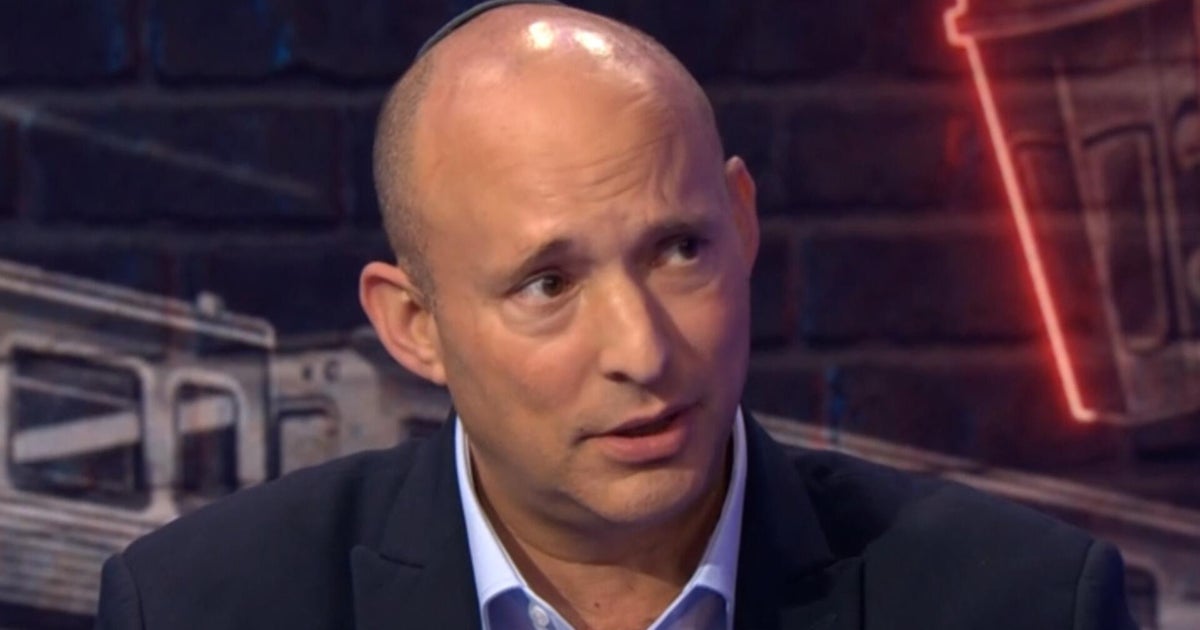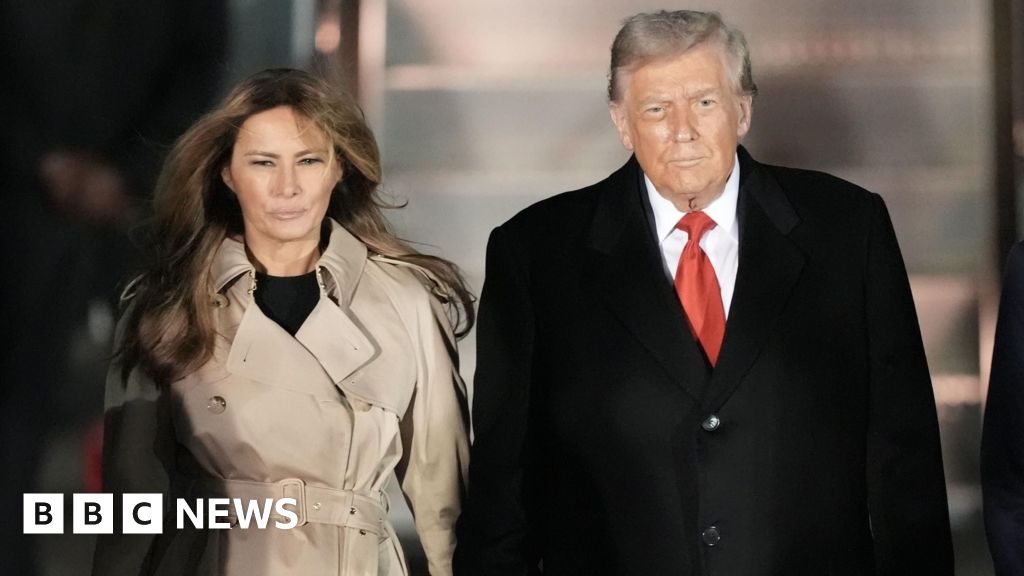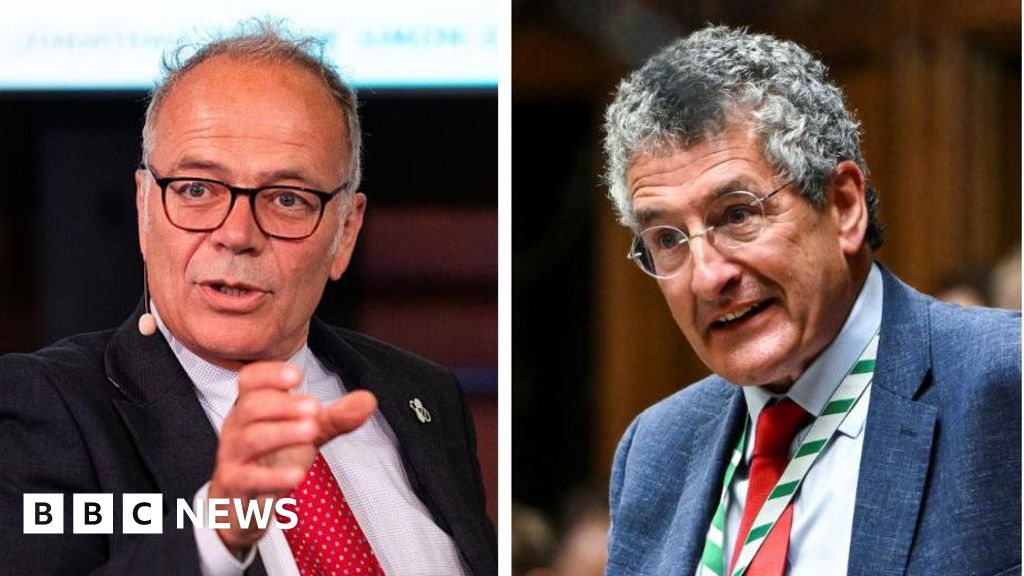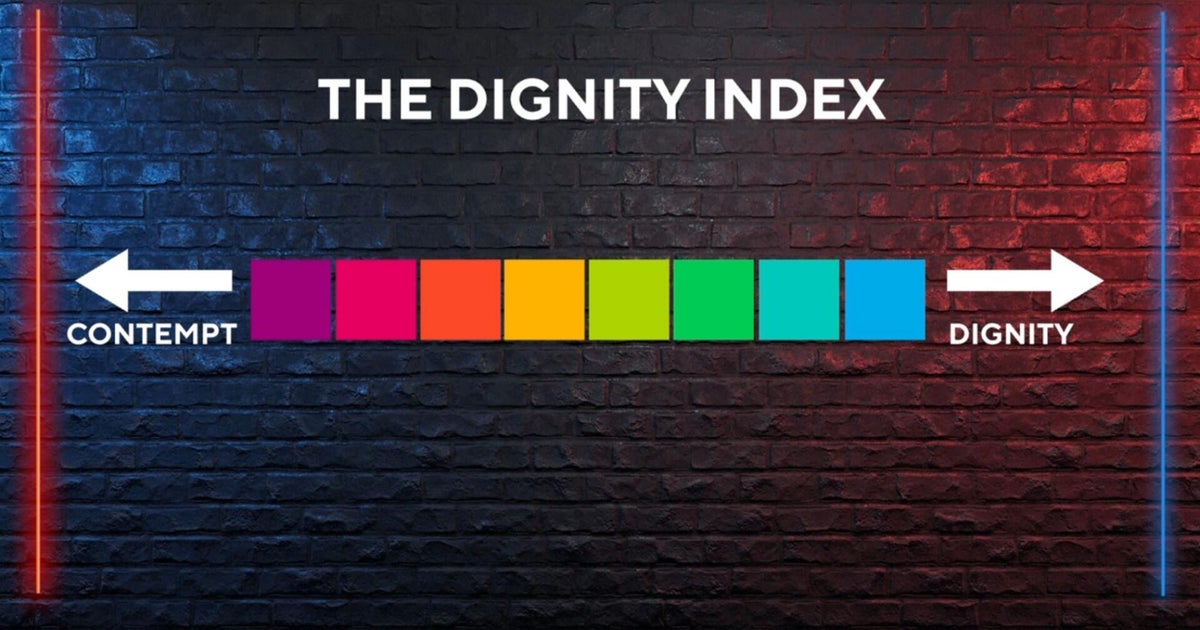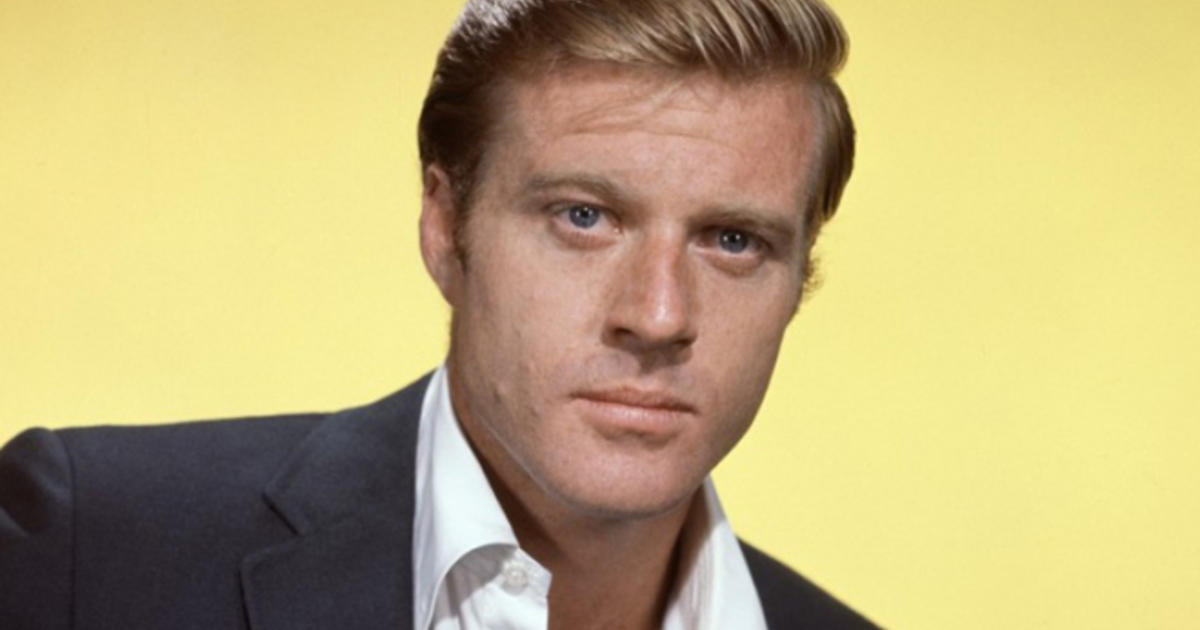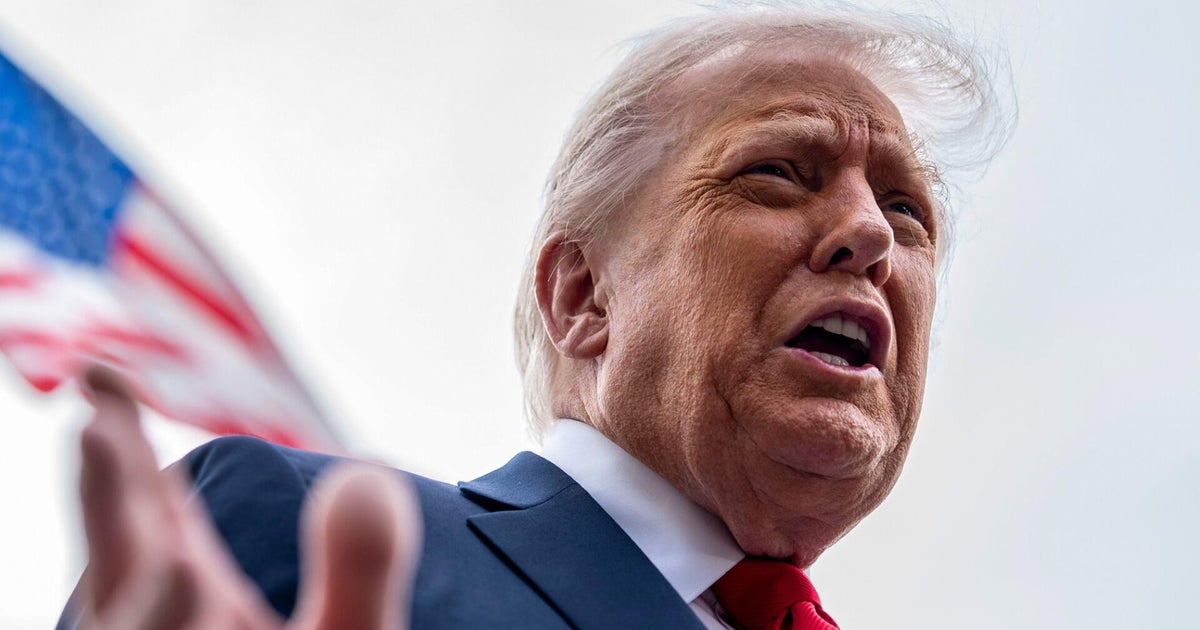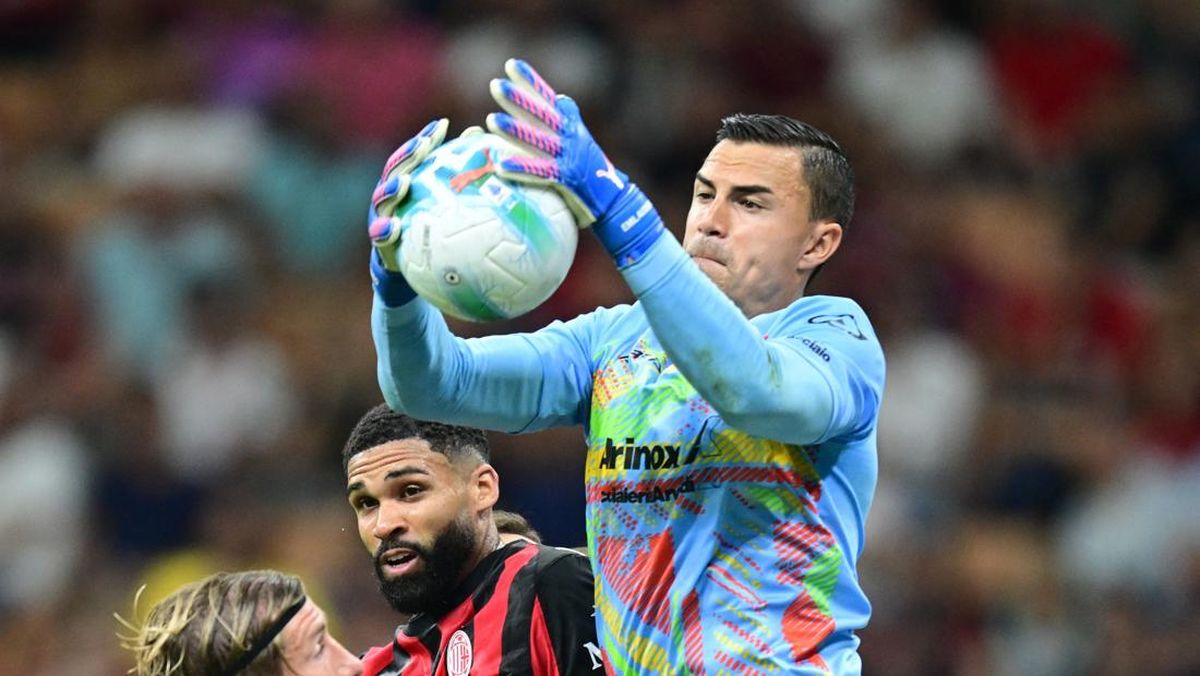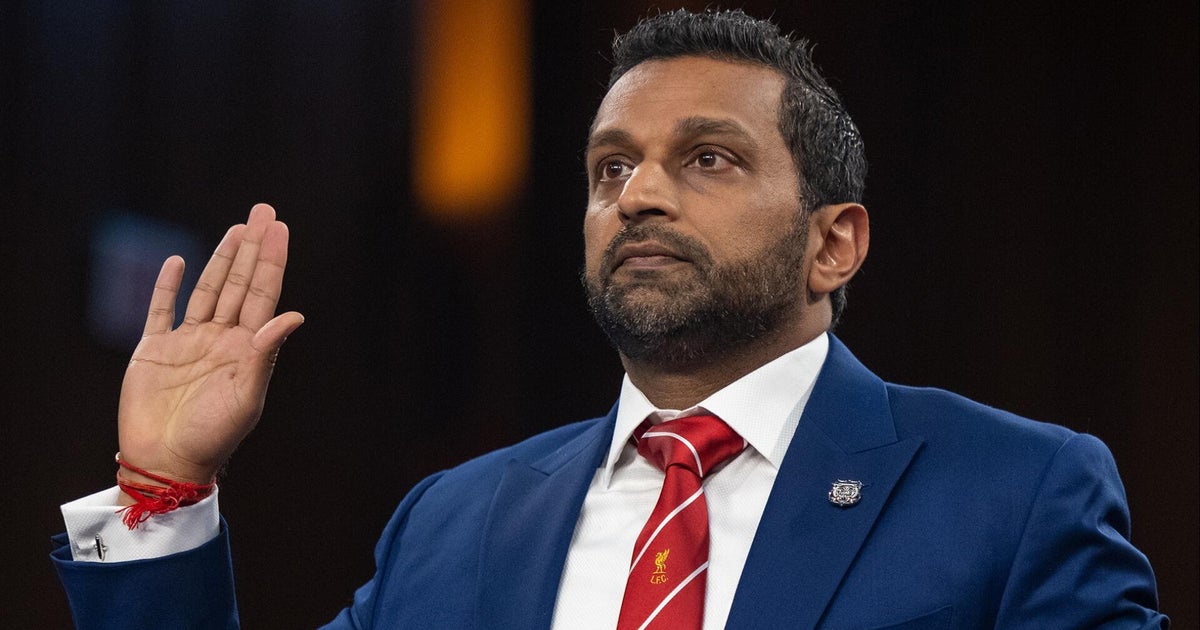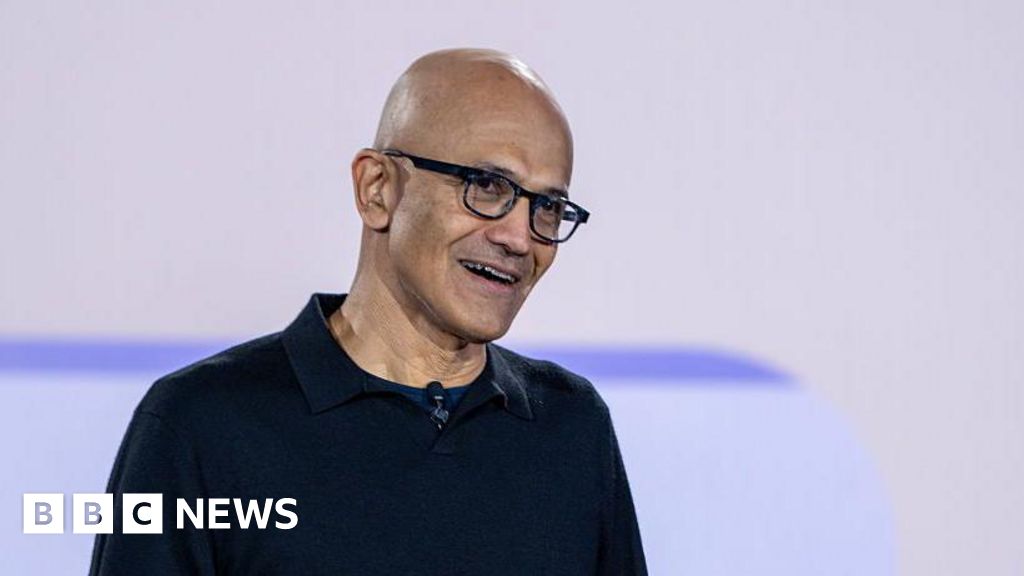Big business has warned Labor it will rally against a proposed world-first “cashflow tax”, throwing up a roadblock for Treasurer Jim Chalmers as his ally Craig Emerson spruiks the move to extract more revenue from super-profit earning banks, supermarkets and miners.
Raising the prospect of a stand-off reminiscent of the Rudd-era mining tax, Business Council of Australia chief Bran Black will set red lines for the business community on tax reform as Labor weighs options, including the Productivity Commission’s proposal of taxing business cashflow, to boost the low level of spending in the private sector.

Treasurer Jim Chalmers and Prime Minister Anthony Albanese during question time.Credit: Alex Ellinghausen
Black, speaking at the council’s annual dinner in Sydney, which the prime minister attended, said the business lobby would fight the “uncompetitive and ill-conceived” cashflow tax idea on behalf of “pharmacists to farmers, bankers to builders, coders to contractors, miners to manufacturers, and every hard-working businessperson in between”.
“Because every time we lose investment, we lose jobs, tax revenue, dividends [and] superannuation contributions,” Black said on Monday night, according to an advance copy of the speech.
“We condemn ourselves, and our kids, to eating smaller slices of a smaller pie.”
The bold cashflow tax plan was put on the table by the Productivity Commission before the government’s economic roundtable. It involves cutting the corporate tax rate of 30 per cent, high by international standards, and funding the reduction through a new 5 per cent cashflow tax on all firms. Only businesses with turnover of less than $1 billion would receive the corporate tax cut, however.

Business Council of Australia boss Bran Black.Credit: Dominic Lorrimer
That cashflow charge would be offset by allowing companies to immediately deduct the full cost of capital expenditure on equipment or technology. Currently, spending is deducted over 5 years. The Productivity Commission estimated the package would deliver a $15 billion boost to the economy.
Asked last month about the cashflow idea, Chalmers did not give a definitive answer but added he was “open to tax changes which incentivise investment if we can afford to do it”.
The government’s willingness to overhaul Australia’s flawed tax system, which slugs salary earners and firms at high rates, has been cast as a litmus test for its appetite for bold reform. Chalmers put tax reform on the agenda after last month’s economic roundtable, but he has been noncommittal when asked about specific proposals that might create noisy opposition or blow a hole in the budget.
Loading
Albanese, speaking at the same business council dinner on Monday, said Labor was “looking at fair and affordable” tax changes to “incentivise greater business investment and capital deepening”.
Former Labor minister Craig Emerson, who represented the Brisbane seat of Rankin before Chalmers, has argued for the cashflow idea for decades and published research on the idea with influential economist Ross Garnaut.
Emerson said the mechanism would pull more revenue from what are known as economic rents: large profits generated by firms that operate in sectors with limited competition, such as banks and supermarkets, or in hyper-profitable sectors such as mining.
“And for members of business council, why wouldn’t it be attractive to have instant asset writeoff enshrined on an ongoing basis, not just during an economic downturn?” he told this masthead.
The commission’s idea would hit large corporate taxpayers including BHP, Rio Tinto, Glencore and Woolworths, but would capture companies that currently pay little or no tax including Transurban, News Corp and Amazon.
What is a cashflow tax?
Company tax is paid on the taxable income (after deductions) of a business. A key part of taxable income is that it allows a company’s capital spending to be written off gradually over time.
In a cashflow tax, however, business write-off capital spending in a single year - the year in which it makes the expenditure.
Unlike company tax, under a cashflow tax a business cannot claim interest deductions to reduce their overall taxable income. Proponents argue the tax encourages businesses to invest more, reducing their taxable income, while ending the tax advantage of debt.
The business council will use the dinner to emphasise its desire for Labor to speed up environmental approvals and land on a 2035 emissions reduction target that is not too ambitious.
Australian Industry Group boss Innes Willox lauded the government for acknowledging the nation’s productivity problem, which successive governments have failed to address.
“There is no quick solution to fixing this stagnation, but business is encouraged that the government is looking to remove regulatory barriers, examining tax settings and removing barriers to critical investments,” Willox said. “There is no time to waste”.
The business community, meanwhile, was eager to see how the Albanese government would deliver following its economic roundtable.
Loading
AMP chairman Mike Hirst said Labor had performed relatively well in navigating US tariffs. He also praised their consultation with business leaders on productivity, but that policy delivery was key.
“They appear to have an open mind, they’re asking the right questions about productivity and other things,” he told this masthead. “Obviously, the proof is always in the pudding, but I think they’ve at least so far identified areas we need to improve.”
Most Viewed in Politics
Loading



